10 Best Herbal Teas For Low Sperm Count
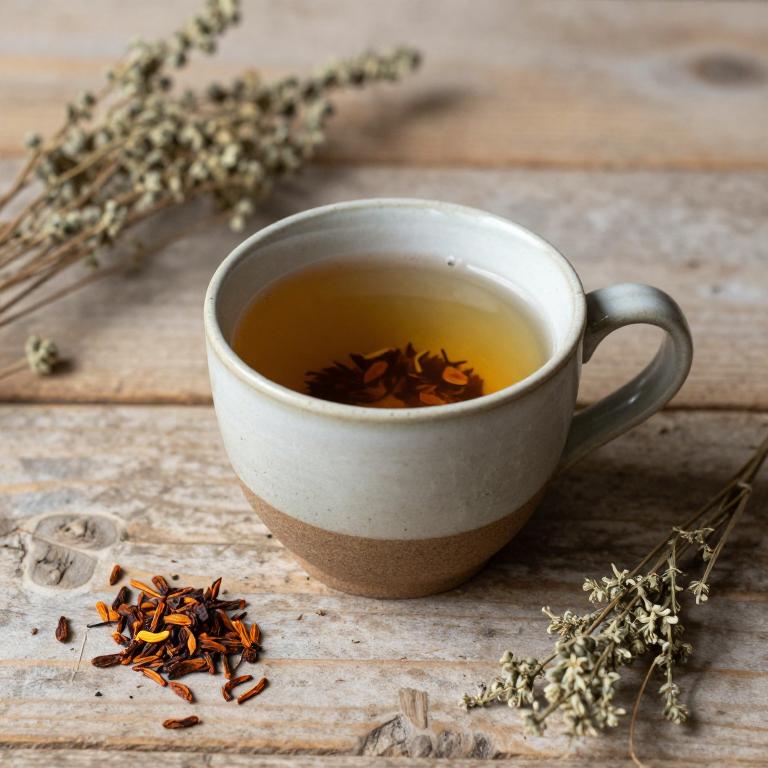
Herbal teas have gained attention for their potential role in improving sperm count and overall reproductive health.
Certain herbs such as ashwagandha, fenugreek, and ginseng are believed to support testosterone production and enhance sperm quality. These teas work by reducing oxidative stress and improving hormonal balance in the body. They are often used as natural alternatives to conventional treatments, offering a holistic approach to fertility issues.
However, it is important to consult with a healthcare professional before incorporating herbal teas into a treatment plan, as they may interact with other medications or have side effects.
Table of Contents
- 1. Puncture vine (Tribulus terrestris)
- 2. Thistle (Silybum marianum)
- 3. Ginger (Zingiber officinale)
- 4. Chaste tree (Vitex agnus-castus)
- 5. Turmeric (Curcuma longa)
- 6. Barrenwort (Epimedium grandiflorum)
- 7. Velvet bean (Mucuna pruriens)
- 8. Ginkgo (Ginkgo biloba)
- 9. Moringa tree (Moringa oleifera)
- 10. Tongkat ali (Eurycoma longifolia)
1. Puncture vine (Tribulus terrestris)

Tribulus terrestris, commonly known as puncture vine, is a herbal supplement often used in traditional medicine to support male reproductive health.
Some studies suggest that Tribulus terrestris may help increase testosterone levels, which could potentially improve sperm count and quality in men with low sperm count. However, scientific evidence supporting its effectiveness for this specific use is limited and varies across research. It is often consumed as a herbal tea, typically made by steeping the dried plant material in hot water.
While some individuals report positive effects, it is important to consult a healthcare provider before using Tribulus terrestris, especially if considering it as a treatment for infertility or low sperm count.
2. Thistle (Silybum marianum)

Silybum marianum, commonly known as milk thistle, is a herbal remedy that has been studied for its potential benefits in supporting male reproductive health.
The active compound in milk thistle, silymarin, is believed to have antioxidant and anti-inflammatory properties that may help protect and improve sperm quality. Some research suggests that silybum marianum may enhance sperm count and motility by reducing oxidative stress in the body. While it is generally considered safe, it is important to consult with a healthcare provider before using it, especially if you are taking other medications or have existing health conditions.
Herbal teas made from silybum marianum may offer a natural approach to supporting low sperm count, though they should not replace medical treatment without professional guidance.
3. Ginger (Zingiber officinale)

Zingiber officinale, commonly known as ginger, has been traditionally used in herbal teas to support reproductive health, including addressing low sperm count.
The active compounds in ginger, such as gingerol and shogaol, possess antioxidant and anti-inflammatory properties that may enhance sperm production and quality. Regular consumption of ginger tea can help improve circulation to the reproductive organs, which is essential for optimal sperm function. Additionally, ginger may help reduce oxidative stress, a known factor in male infertility.
While ginger tea is generally safe, it is advisable to consult a healthcare provider before using it as a complementary therapy for low sperm count.
4. Chaste tree (Vitex agnus-castus)

Vitex agnus-castus, commonly known as chasteberry, is a traditional herbal remedy that has been used for centuries to support hormonal balance and reproductive health.
Herbal teas made from vitex are often recommended for men with low sperm count due to their potential to regulate testosterone levels and improve sperm production. The herb is believed to influence the pituitary gland, which plays a key role in hormone regulation, thereby supporting overall fertility. While some studies suggest that vitex may enhance libido and improve semen quality, more research is needed to confirm its efficacy for low sperm count specifically.
As with any herbal supplement, it is important to consult with a healthcare provider before use, especially for individuals with existing medical conditions or those taking other medications.
5. Turmeric (Curcuma longa)

Curcuma longa, commonly known as turmeric, has been traditionally used in herbal medicine for its potential health benefits, including its anti-inflammatory and antioxidant properties.
When brewed into a herbal tea, curcuma longa may support overall reproductive health by improving blood circulation and reducing oxidative stress, which are factors that can contribute to low sperm count. The active compound in turmeric, curcumin, has been studied for its ability to enhance sperm quality and motility by regulating hormonal balance and protecting sperm cells from damage. While research on its direct impact on sperm count is still emerging, some studies suggest that regular consumption of turmeric tea may have a positive effect on male fertility when combined with a healthy lifestyle.
As with any herbal remedy, it is advisable to consult a healthcare professional before incorporating turmeric tea into a fertility treatment plan.
6. Barrenwort (Epimedium grandiflorum)
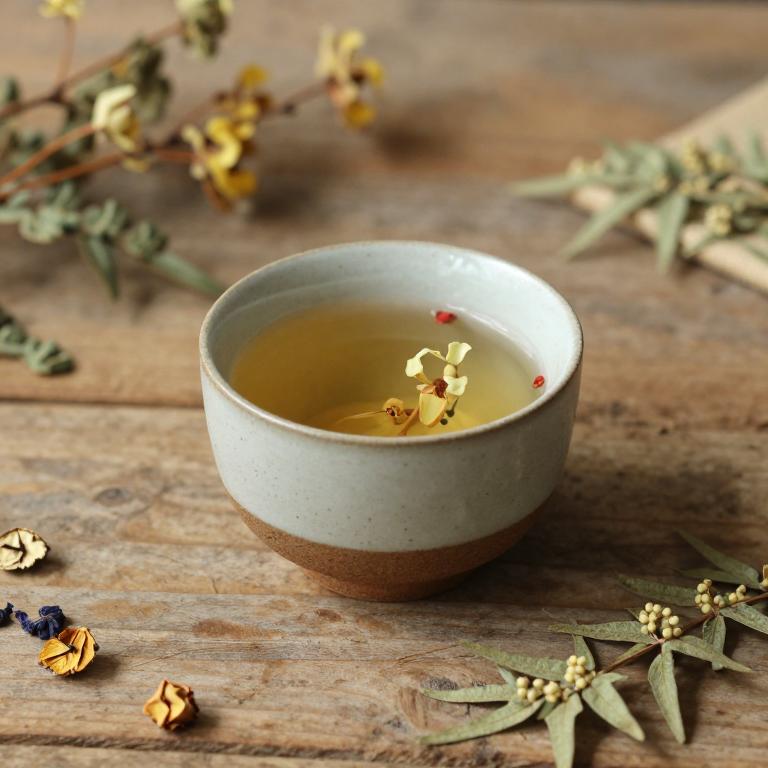
Epimedium grandiflorum, also known as barbatan or bishop’s hat, is a traditional herbal remedy that has been used for centuries in Chinese medicine to support male reproductive health.
This herb is believed to enhance libido and improve sperm count and quality due to its rich content of flavonoids and other bioactive compounds. Herbal teas made from Epimedium grandiflorum are often consumed as a natural supplement to address low sperm count, though they should be used under the guidance of a healthcare professional. The plant’s active compounds may help stimulate testosterone production and improve overall fertility.
While preliminary studies suggest potential benefits, more research is needed to fully understand its efficacy and safety in treating infertility.
7. Velvet bean (Mucuna pruriens)
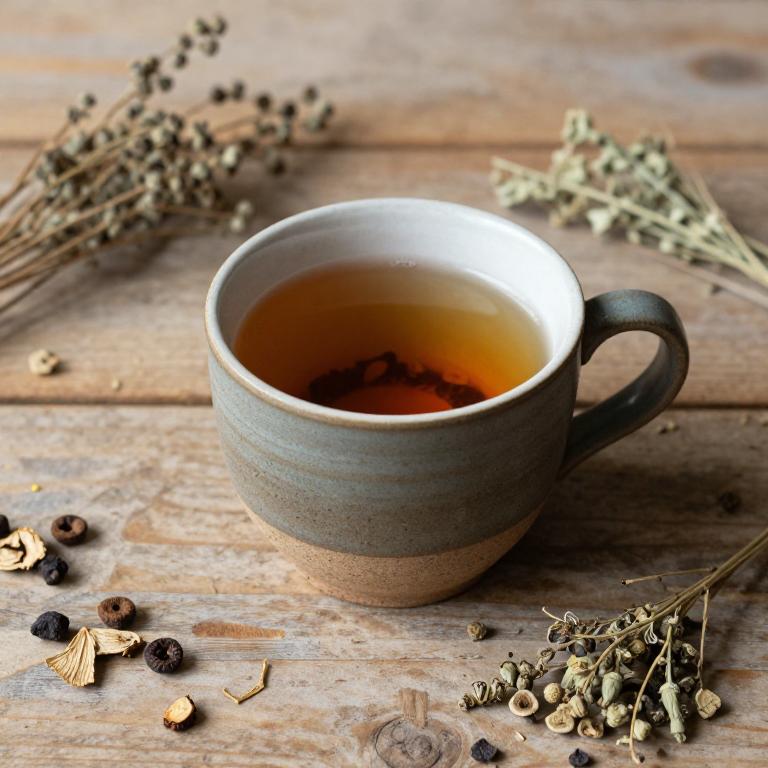
Mucuna pruriens, also known as velvet bean, is a traditional Ayurvedic herb that has been used for centuries to enhance male fertility and address low sperm count.
This herb contains high levels of L-dopa, a precursor to dopamine, which may help improve libido and hormonal balance in men. Mucuna pruriens herbal teas are often prepared by steeping the dried seeds or powder in hot water, making them a convenient and natural way to incorporate the herb into one's diet. Some studies suggest that regular consumption of mucuna pruriens may support sperm production and motility, though more research is needed to confirm its effectiveness.
As with any herbal remedy, it is advisable to consult a healthcare professional before using mucuna pruriens, especially if you have existing health conditions or are taking other medications.
8. Ginkgo (Ginkgo biloba)
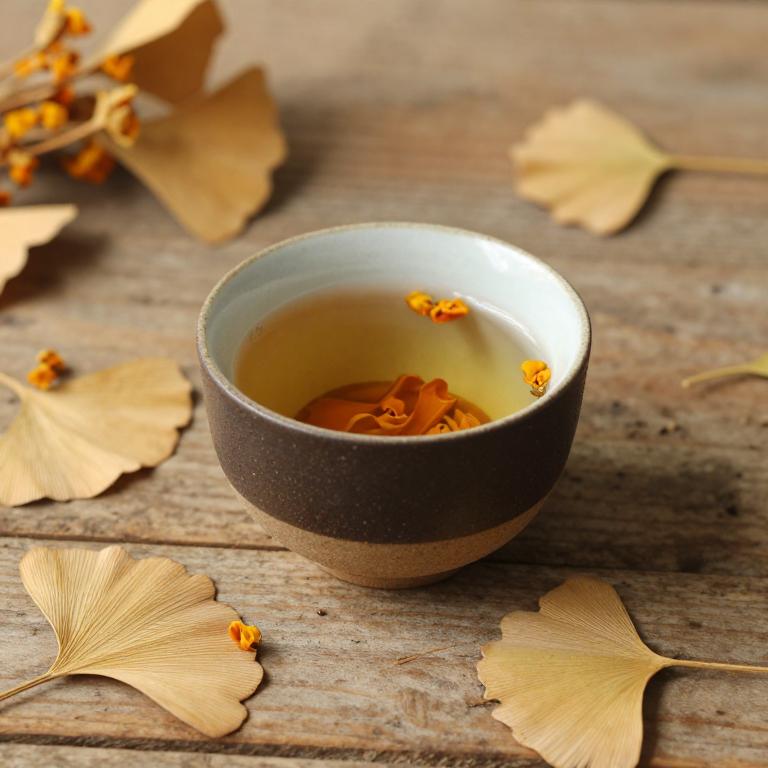
Ginkgo biloba herbal tea is often used in traditional medicine for its potential to improve circulation and enhance overall vitality.
While it is not a direct treatment for low sperm count, some studies suggest that ginkgo biloba may support reproductive health by increasing blood flow to the genital area and reducing oxidative stress. The herb contains antioxidants and flavonoids that may help protect sperm cells from damage. However, it is important to consult a healthcare provider before using ginkgo biloba, as it can interact with certain medications.
Overall, while ginkgo biloba may complement other treatments for low sperm count, it should not be considered a standalone remedy.
9. Moringa tree (Moringa oleifera)

Moringa oleifera herbal tea is gaining attention for its potential to support male reproductive health, particularly in addressing low sperm count.
Rich in antioxidants, vitamins, and essential nutrients, this tea may help improve sperm quality and quantity by reducing oxidative stress and enhancing overall cellular health. Studies suggest that the bioactive compounds in moringa, such as quercetin and chlorogenic acid, may promote fertility by supporting hormonal balance and improving testicular function. While more research is needed, some preliminary findings indicate that regular consumption of moringa tea could be a natural complement to conventional treatments for infertility.
As with any herbal remedy, it is advisable to consult a healthcare professional before incorporating moringa oleifera tea into a fertility regimen.
10. Tongkat ali (Eurycoma longifolia)
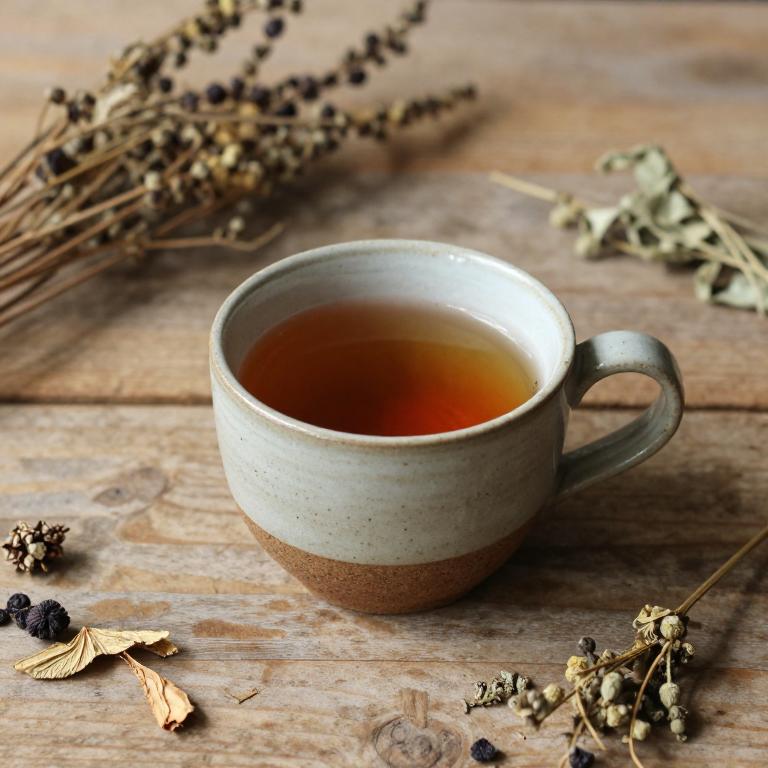
Eurycoma longifolia, commonly known as Tongkat Ali, is a traditional herbal remedy that has been used in Southeast Asia for its potential to enhance male fertility.
Herbal teas made from Eurycoma longifolia are believed to support testosterone production, which can help improve sperm count and overall reproductive health. These teas are often consumed as a natural alternative to pharmaceuticals, offering a holistic approach to addressing infertility issues. Research suggests that the active compounds in Eurycoma longifolia may stimulate the hypothalamic-pituitary-testicular axis, promoting better sperm quality.
However, it is important to consult a healthcare professional before using these teas, as they may interact with other medications or have side effects in certain individuals.